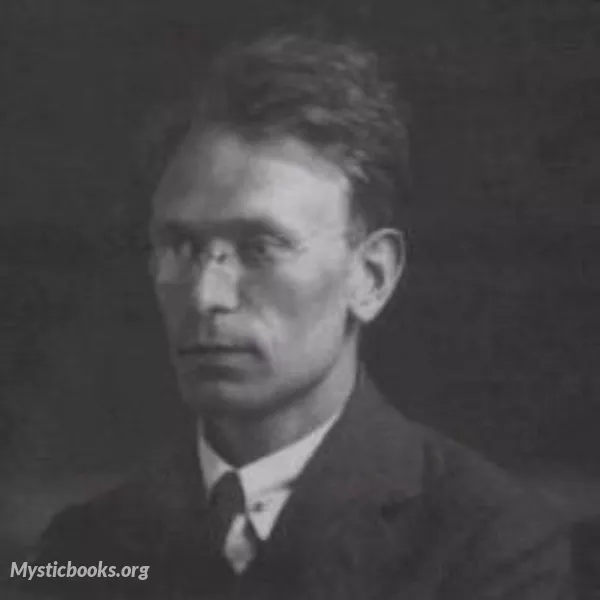
Timeline
Title
Country/Nationality
F. S. Flint
Frank Stuart Flint (19 December 1885 – 28 February 1960) was an English poet and translator who was a prominent member of the Imagist group. He was born in Islington, London, and left school at the age of 13 to work in a variety of jobs. He began writing poetry in his early twenties, and his first collection, In the Net of Stars, was published in 1909.
Flint met Ezra Pound in 1911, and the two poets became close friends. Pound was a major influence on Flint's work, and Flint was one of the founders of the Imagist movement in 1912. The Imagists advocated for a new kind of poetry that was direct, simple, and image-based.
Flint published two more collections of poetry during his lifetime, Cadences (1915) and Otherworld (1920). He also translated a number of French works, including the poems of Émile Verhaeren and the novels of Marcel Proust.
What were F. S. Flint's principles?
Flint was a strong believer in the importance of craftsmanship in poetry. He believed that poets should carefully choose their words and images, and that they should pay attention to the rhythm and sound of their verse. He was also a believer in the importance of clarity and precision. He wanted his poems to be easy to understand and to have a direct impact on the reader.
Flint was also a political activist. He was a socialist who believed in social justice and equality. He wrote a number of poems about social issues, such as poverty and war.
What was F. S. Flint famous for?
Flint is best known as a member of the Imagist movement. He was one of the leading poets of the Imagist movement, and his work helped to define the movement's principles and aesthetic. He is also known for his translations of French literature.
What were F. S. Flint's notable works?
Some of Flint's notable works include:
- Poetry: In the Net of Stars (1909), Cadences (1915), Otherworld (1920)
- Translations: The Love Poems of Émile Verhaeren (1918), Swann's Way by Marcel Proust (1922), Within a Budding Grove by Marcel Proust (1924)
What was F. S. Flint's philosophy?
Flint's philosophy was based on the belief in the importance of craftsmanship, clarity, and precision in poetry. He also believed in the importance of social justice and equality.
When did F. S. Flint die and how is he remembered?
Flint died in Berkshire, England, on February 28, 1960. He is remembered as one of the leading poets of the Imagist movement, and for his translations of French literature.
Anything interesting to know about the author?
Flint was also a gifted musician. He played the piano and the violin, and he composed a number of songs. He was also a keen gardener.
Flint was a complex and contradictory figure. He was a socialist and a political activist, but he was also a traditionalist in his literary tastes. He was a strong believer in the importance of craftsmanship and precision in poetry, but he was also capable of writing poems that were spontaneous and passionate.
Flint's work is not as well-known today as it once was, but he remains an important figure in the history of English poetry. He was a pioneer of the Imagist movement, and his work helped to shape the course of modern poetry.
Books by F. S. Flint

In the Net of the Stars
The poems in In the Net of the Stars are mostly about love, nature, and the beauty of the world. Flint's love poems are passionate and intense, and his nature poems are full of wonder and awe. He writes about the world around him with a fresh and obs...

Otherworld: Cadences
“Otherworld: Cadences” represents the culmination of Frank Stuart Flint’s poetic journey. This collection, published in 1920, reflects his development as a poet, influenced by his engagement with the Imagist movement and his friendship with Ezra Pou...